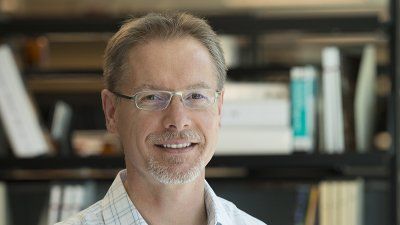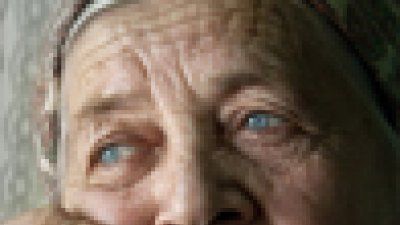Epilepsy Drug Could Help with Alzheimer's-Related Memory Loss
Scientists at the UCSF-affiliated Gladstone Institutes have discovered that an FDA-approved anti-epileptic drug reverses memory loss and alleviates other Alzheimer’s-related impairments in an animal model of the disease.






